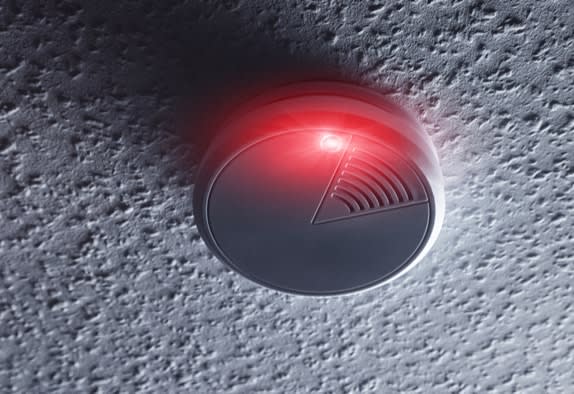Given these statistics, exploring the need for a medical alert system may provide independent, unaccompanied seniors with the comfort of knowing that they will have access to emergency services should the need arise.
When looking for an emergency medical alert system, it may be beneficial to assess your needs for extended coverage with smoke, fire and carbon dioxide protection, in addition to your medical alert needs. Not all medical alert companies offer these services, so if this is something you are interested in, be sure to specifically look for companies which offer this additional and comprehensive service.
Why are these additional services so important?
Your personal safety is of the utmost importance, and this extends beyond your immediate or emergent medical needs. While having an emergency medical alert system may help you in a medical emergency such as a heart attack, fall or other serious medical event, the addition of all-around monitoring services such as carbon monoxide, smoke and fire monitoring is equally as important. Having an all-around monitoring alert system in place may prove be a lifesaving option.
Smoke, fire, carbon monoxide monitoring
When considering the necessity for carbon monoxide monitoring, remember that carbon monoxide is a toxic colorless, odorless and tasteless gas which in certain concentrations can be harmful to both people and pets. Due to these characteristics, the presence of high levels of carbon monoxide may become a life threatening situation; having an all-around monitoring system may ease your concerns and ultimately save your life.
In fact, the Centers for Disease Control reports that during the timeframe between 1999 through 2010, an astonishing 5,149 people unintentionally died from carbon monoxide poisoning. Smoke detectors are a vital part to home safety monitoring and with these additional emergency response capabilities of some alert companies, emergency response teams will be dispatched as needed.
The Topical Fire Report Series explains that “In 2014, adults ages 50 or older had a greater relative risk of dying in fires than the general population. Those ages 85 and older had the highest risk of fire death.” They go on to report that in 2014 alone, there were over 3,000 fire related deaths in the United States.
Having the additional all-around monitoring protection is a beneficial option to consider, as it will not only protect you during medical events but also during unforeseen emergencies like carbon monoxide leaks, smoke and fire. If you are interested in adding these lifesaving services to your medical alert system’s monitoring package, speak with various company representatives to see which company offers you the most protection, while meeting your other needs and criteria.
Having the highest level of emergency alert monitoring could be a matter of life and death.
Make sure you find exactly what you’re looking for so that you and your loved ones can have the peace of mind to live independently and securely for longer. Check out our list of the best elderly monitoring systems and the top medical alert providers to get started.